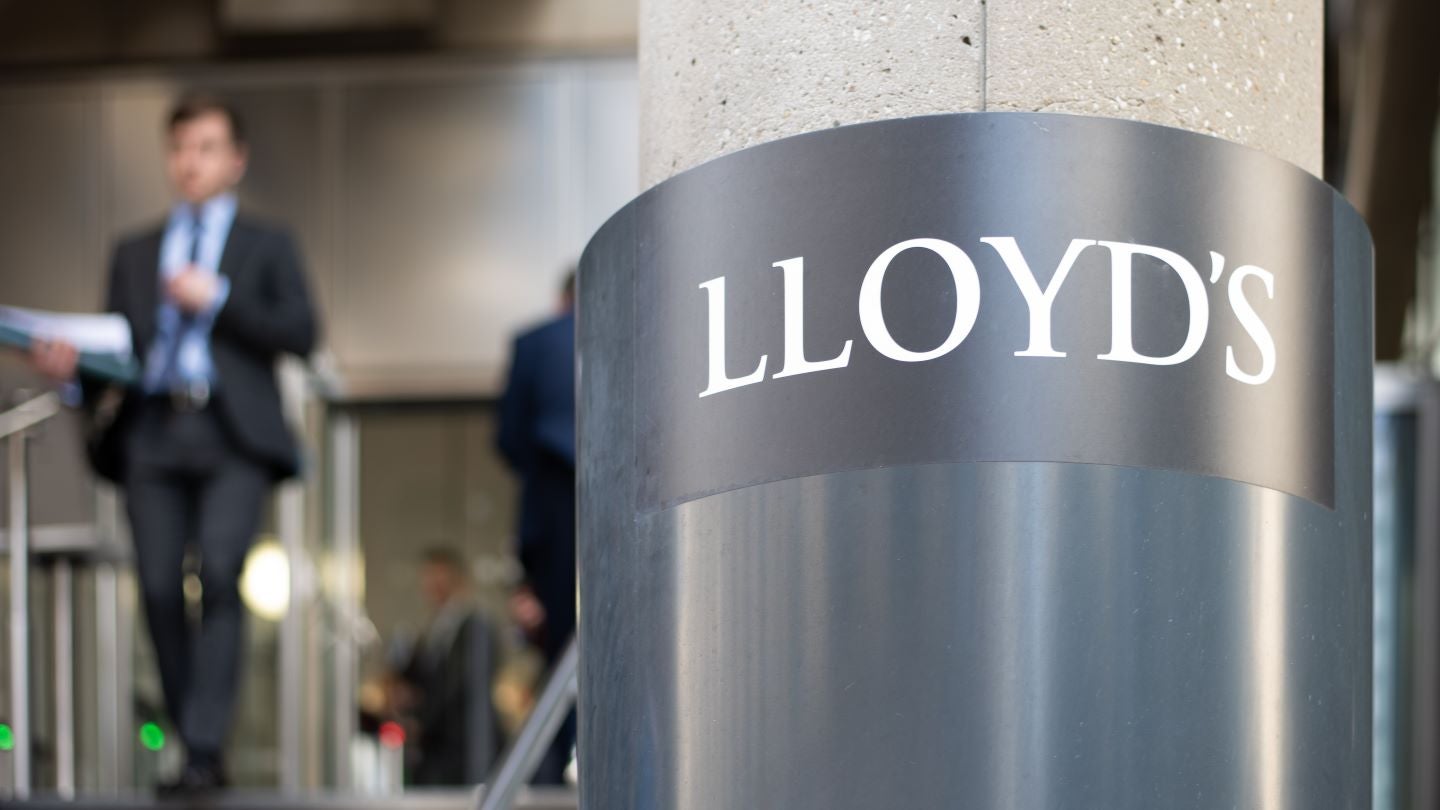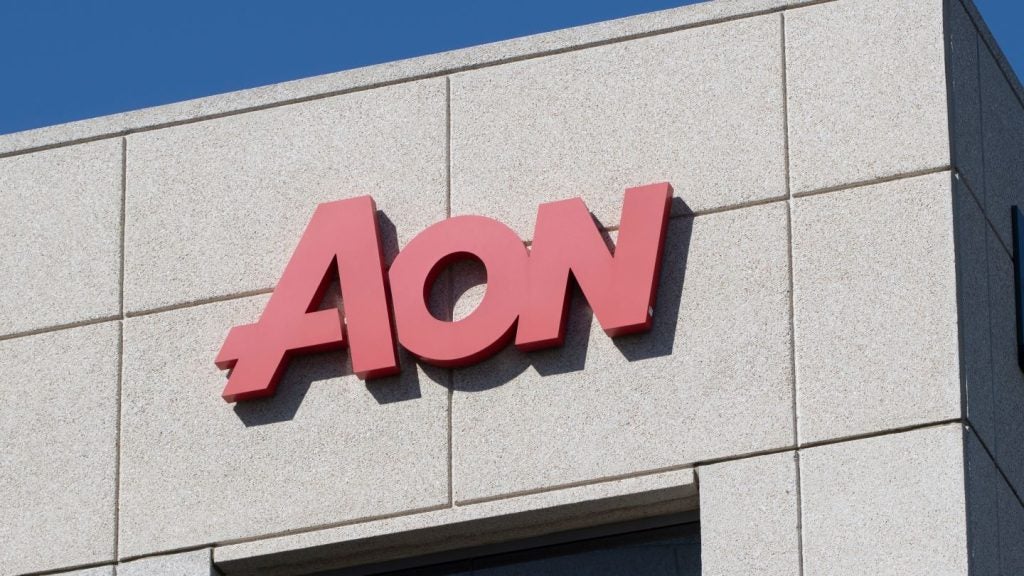
The new CEO of Lloyd’s of London, Patrick Tiernan, has abandoned his predecessor’s stance of ending insurance cover for fossil fuel projects, reported the Financial Times.
Tiernan indicated that insurers operating within the Lloyd’s marketplace will be given “more freedom” and will not be pressured to withdraw coverage for coal and other high-polluting fossil fuels.

Access deeper industry intelligence
Experience unmatched clarity with a single platform that combines unique data, AI, and human expertise.
This change in policy was revealed in an interview with the Financial Times, where Tiernan explained that Lloyd’s will respect the energy policies of the countries where its insurers operate.
He stated: “we respect the laws of the land”, emphasising that the corporation will defer to “the energy mix that the government of [a] jurisdiction chooses”.
The decision marks a reversal from a 2020 pledge made under former CEO John Neal, who said that Lloyds insurers would be “asked to no longer provide new insurance coverages or investments in these activities”.
Tiernan, who assumed the role of Lloyd’s CEO in June, said: “Lloyd’s strength is that it’s apolitical. It is important we don’t wade into issues we don’t need to . . . Lloyd’s needs to remain apolitical, so we preserve that role when times are choppy in the regions where we operate.”

US Tariffs are shifting - will you react or anticipate?
Don’t let policy changes catch you off guard. Stay proactive with real-time data and expert analysis.
By GlobalDataHe added “as a marketplace, we are subject to competition law [and] antitrust laws”.
Tiernan’s stance aligns with the approach taken by former US President Donald Trump, who actively promoted the fossil fuel industry by dismantling clean energy initiatives and encouraging oil and gas companies with the slogan “drill, baby, drill”.
The US market is a contributor to Lloyd’s business, accounting for approximately 50% of its operations, the report said.
The announcement comes at a time when Lloyd’s is focusing on maintaining a “disciplined” approach to pricing to prevent premiums from falling too low.
Lloyd’s reported a pre-tax profit of £4.2bn ($5.66bn) for the six months to June, a decrease from the £4.9bn recorded in the first half (H1) of 2024.
It paid £14bn in claims during H1, related to California wildfires and the impact of the Ukraine conflict on aviation.
The corporation’s combined ratio stood at 92.5% in H1 2025, compared to 83.7% in the previous year.







